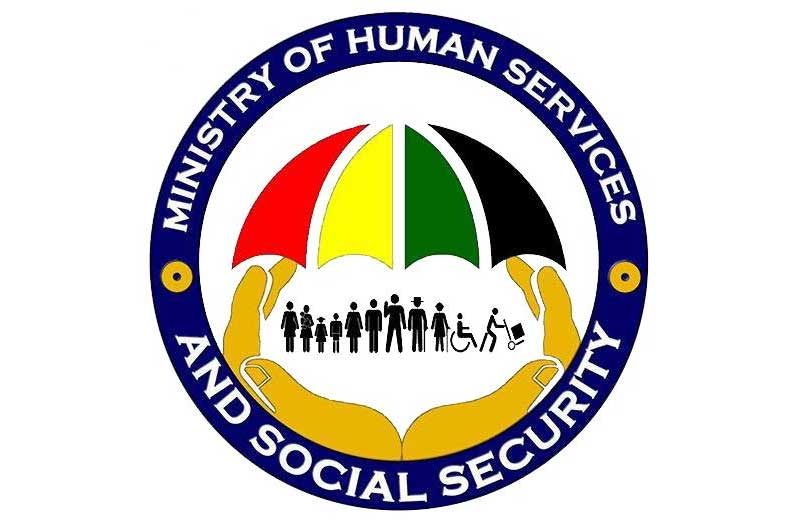THE Ministry of Human Services and Social Security’s Public Assistance programme remains a lifeline for thousands of Guyanese, providing temporary relief to persons with disabilities and those experiencing severe financial hardship.
In a recent information session, Deputy Director of Social Services, Hamwanttie Bisesar, explained that the initiative is grounded in the Poor Relief Act — an older but still relevant piece of legislation that guides the delivery of this support across the country, including in hinterland regions such as Regions One, Seven, Eight, and Nine.
Bisesar noted that the programme operates through local Boards of Guardians, which were established nationwide to ensure that assistance reaches the most vulnerable. “These local boards of guardians are an integral part of the Public Assistance process,” she said.
Currently, Guyanese can access two main forms of Public Assistance: medical and economic. For those with medical conditions, applicants need only provide a copy of their ID card and, if available, a clinic card. Forms can be collected from the local Probation Office and must be completed by the applicant’s doctor.
For individuals applying for economic support, Bisesar explained that new applicants must submit copies of their ID cards, children’s birth certificates and school letters if applying on behalf of children. An interview is then conducted with a Probation Officer before the application goes to the local board for approval. Once approved, the necessary documentation is prepared, verified by supervisors and processed through the Ministry’s Management Information System Unit for final issuance.
Bisesar emphasised that while the assistance is temporary, it plays a vital role in helping families stay afloat during difficult times. The process for annual renewal remains similar for those who continue to need support.
Earlier this year, the Government of Guyana demonstrated its commitment to strengthening social safety nets by allocating a substantial $58.5 billion budget to the ministry for 2025. Notably, public assistance payments have been increased to $22,000 per month, injecting an additional $1.4 billion into the pockets of some 40,000 recipients across the country.
The ministry continues to encourage eligible persons in need to apply, reminding citizens that public assistance is designed to ease the burden during some of life’s most challenging periods.



.jpg)









